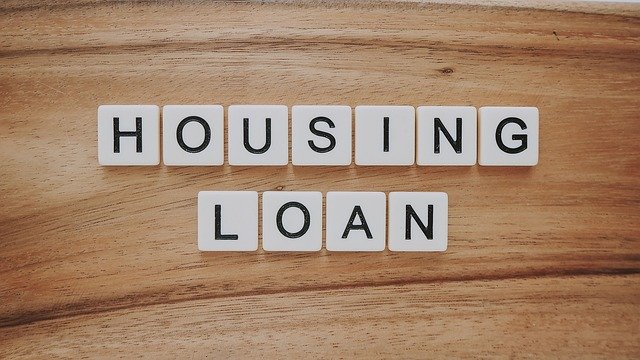Reverse Mortgage Disadvantages: What Surprises Homeowners
Reverse mortgages in Canada offer homeowners aged 55 and older a way to access cash from their home equity while retaining ownership. However, potential drawbacks such as higher interest rates and impacts on inheritance require careful consideration. Understanding these disadvantages, along with exploring alternative options, ensures sound retirement financial planning and informed decision-making.

Understanding Reverse Mortgage Disadvantages
One of the most significant surprises for homeowners is the accumulation of interest over time. Unlike traditional mortgages, where you pay down the balance, reverse mortgages add interest to your loan balance monthly. This means the amount you owe grows larger over time, potentially consuming much of your home’s equity. Additionally, borrowers must continue paying property taxes, insurance, and home maintenance, which can become burdensome on a fixed income.
The Complications of Inheritance
Heirs often face unexpected challenges when inheriting a property with a reverse mortgage. When the borrower passes away or moves out permanently, the loan becomes due immediately. This leaves heirs with limited options: pay off the reverse mortgage, sell the home, or surrender it to the lender. Many families are surprised to learn they must act quickly, typically within 30 days of receiving the due and payable notice.
Financial Implications and Risks
The upfront costs of reverse mortgages frequently shock borrowers. These expenses include:
| Cost Type | Typical Range | Notes |
|---|---|---|
| Origination Fee | $2,500 - $6,000 | Based on home value |
| Mortgage Insurance Premium | 2% of home value | Initial premium |
| Closing Costs | $1,000 - $3,000 | Varies by location |
| Ongoing Costs | 0.5% annually | Of loan balance |
Prices, rates, or cost estimates mentioned in this article are based on the latest available information but may change over time. Independent research is advised before making financial decisions.
Exploring Alternatives to Reverse Mortgages
Before committing to a reverse mortgage, homeowners should consider other options. Home equity lines of credit (HELOCs) often provide more flexibility with lower costs. Downsizing to a smaller home, refinancing with a traditional mortgage, or exploring government assistance programs might better suit your financial needs. Some seniors find that selling their home and renting proves more economical in the long run.
Why You Should Learn More About Reverse Mortgages Today
The complexity of reverse mortgages demands thorough research and professional guidance. Many borrowers report feeling overwhelmed by the fine print and ongoing obligations. Understanding your responsibilities, including maintaining the property and staying current on taxes and insurance, is essential. Missing these requirements can trigger loan default, potentially leading to foreclosure.
A reverse mortgage can significantly impact your financial future and your family’s inheritance. While it may provide needed cash flow for some seniors, the growing loan balance, high fees, and potential complications for heirs make it crucial to carefully evaluate all options before proceeding. Consider consulting with a HUD-approved housing counselor and financial advisor to determine if a reverse mortgage aligns with your long-term financial goals.




